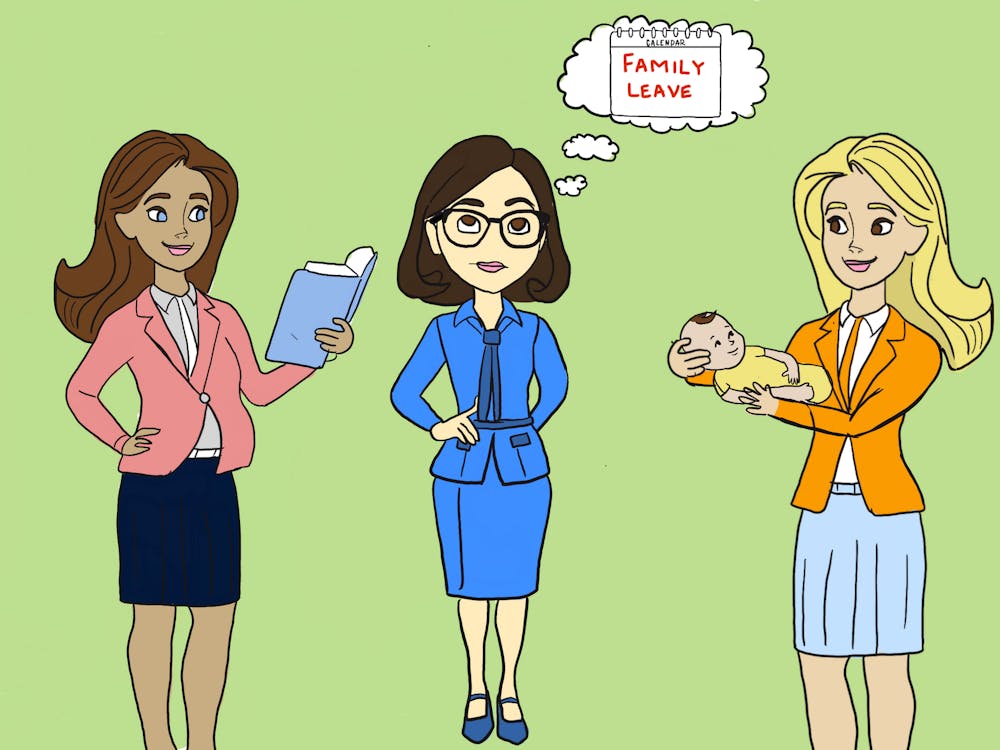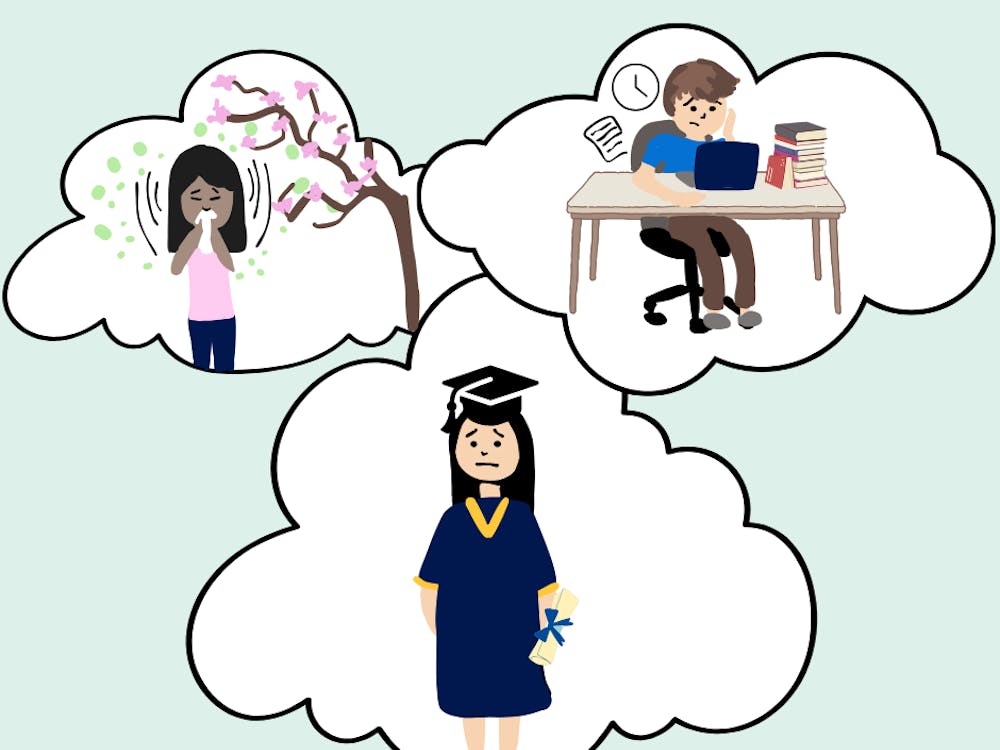A few of the more memorable things I’ve received in my life include a sportsmanship award, my U.Va. acceptance letter and an email which began, “Dear Professor Trezza.”
The award is irrelevant, but I appreciated the euphemistic commemoration of the lackluster swimming career I had at age 7. The letter is slightly more applicable to the here and now: thanks to that notification, I’m currently mildly frozen at a school in Virginia rather than freezing to death at a school in Maine.
But professorship was the coolest of all.
Of course, I did very little to deserve that title. I’ve done none of the requisite writing nor completed any of the required research, and though I believe I come close, I probably haven’t reached the minimum number of sleepless nights necessary to be considered one of the crew. Instead, I applied to “facilitate” a class with two of my friends.
In short, we planned a general curriculum, crafted some assignments and then tracked down a few people who earned legitimate professorial titles and asked them to give guest lectures in our class. “Professor Trezza” is a fraudulent title — though, on the bright side, SIS seems to also give me similar recognition. It lists my friends and me as class instructors — which, in and of itself, is no small miracle given the difficulty of merely finding information about a class on SIS, let alone editing it.
This is all to say, however, that regardless of the degree of legitimacy which puts you in front of a class, there are certain undeniable and inalienable truths inherent to standing there.
First, there is nothing worse than the “someone else will answer it, right?” syndrome that follows a question posed to the class, manifesting itself as painful silence. It’s diffusion of responsibility, as found on page 365 of your psychology textbook, and there is simply no way to pull this display off subtly. Without fail, the students collectively shift in their seats, and either furiously start taking notes so engaging they can’t bear to lift their eyes from the paper or desperately look around at their peers to see whether they can tele-convince someone to speak up.
Whenever this happens, I’m inclined to laugh — although I accidentally did this once and felt it made the situation palpably more awkward, rather than less. I can’t say I’m not guilty of the same sudden loss of vocal capabilities when on the other side of The Great Divide, and I commend my students for continuing to believe they are being sneaky. Yet attempting to make your instructors more uncomfortable than you are will not, in fact, make the time go more quickly.
Moreover, woe be unto ye who knows the instructor. There is a solid 9.9 out of 10 chance you will be stared down until you take one for the team.
However, I must amend my previous statement. What’s worse is when a guest speaker comes in, asks a question, and everyone looks at each other, down at the ground or at the corner of the room, where I know for a fact nothing interesting is happening. The room is suddenly replete with both intelligent students and vacant stares. It’s something akin to taking a trained dog to a dog show and finding out the only trick it’s willing to perform is “play dead.”
There’s also the very real fact that things go wrong. Speakers cancel, materials are unavailable and you find yourself with one hour before of a 50 minute class you are in charge of and have no lesson plan for. You print 20 extra copies of one worksheet and 20 too few of another, half of which mysteriously display “Lorem Ipsum” and other Microsoft Office cryptography in the corner. Given this experience, it seems quite possible “making up a lecture on the fly” should be next to “completed dissertation” on the list of “114 To Do Before You Receive Your Ph.D.”
I can accept these truths are fairly universal. Even as a student, I’ve felt the burden of awkward silence and the slight disarray of a professor’s underprepared presentation. But when I was in front of that class for the first time, I felt fairly inadequate, miserably under-qualified and not at all sure why anyone would entrust me with imparting any sort of knowledge to another human being.
I assumed this was my own failing. Disappointed, I relayed the sentiment to a [legitimate, actually-has-a-degree, is-not-a-fraud] professor of mine, and I was told I had discovered the great truth and secret about teaching. He laughed, surprising me with something I never expected to hear.
Caroline’s column runs biweekly on Thursdays. She can be reached at c.trezza@cavalierdaily.com.






